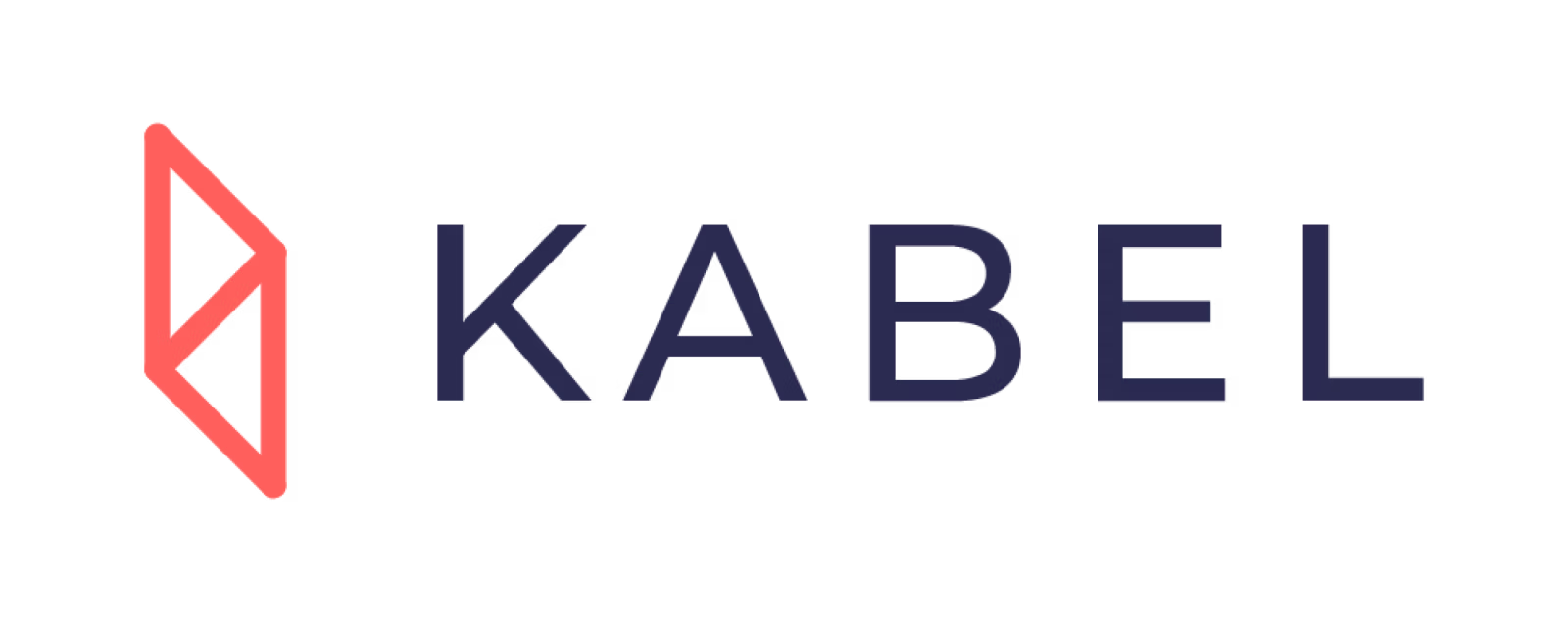YEI2.0 Insights: Agility Beats Readiness
When we brought students, employers, and leaders together under one roof at YEI2.0, we expected good conversations.
What we witnessed instead was a turning point.
Over two weeks, student teams worked on real-world business challenges from Malaysian employers.
They designed solutions, built prototypes, and pitched outcomes – showing not just what they knew, but how fast they could learn.
The result:
The most “ready” candidates weren’t always the best performers, but the most agile ones were.
The Shift: From Readiness to Agility
For years, employers have said, “We just can’t find ready graduates.”
But YEI2.0 revealed a deeper truth: readiness is static, agility is dynamic.
Readiness depends on what someone already knows.
Agility depends on how fast they can learn what’s next.
When faced with new tools or unexpected challenges, agile talents adapted within days – while “ready” ones waited for instructions.
This is why agility is fast becoming the top hiring advantage.
YEI 2.0 by the Numbers
| Metric | Outcome | Insight |
|---|---|---|
| 400+ students | Participated in two-week business challenge sprints | Proved that scale doesn’t slow agility |
| 100+ employers | Engaged in mentorship and evaluation | Fast feedback built momentum |
| 71% | Of student teams delivered usable prototypes | Agility is measurable |
| 197 matches & 136 unlocks | On Kabel platform during event | Feedback velocity drives engagement |
These numbers tell a simple story:
When employers move faster, talent stays.
When teams learn faster, companies grow.

What Employers Discovered
During the Post-YEI CEO Dinner, founders and HR leaders agreed on three takeaways:
1. Talent isn’t missing – it’s moving faster than old systems
High-growth companies don’t lack capable people; they lack hiring systems that match Gen Z’s speed of learning and decision-making.
2. Agility starts with leadership tempo
Slow hiring mirrors slow leadership. Speed in feedback, clarity, and decisions drives cultural agility.
3. Structure beats intuition
Companies that used structured feedback and clear matching systems (like Kabel’s) achieved 70% faster unlock rates and 40% less hiring friction.
Why This Matters
The future belongs to organisations that treat learning as infrastructure, not an afterthought.
YEI2.0 proved Malaysia’s young workforce is digitally fluent, adaptable, and ready to co-create.
Employers who shift from readiness hiring to skills-and-agility hiring will:
- Reduce time-to-hire
- Increase retention
- Unlock innovation from day one
The Kabel Model: Agility at Scale
At Kabel, we’re helping companies systemise agility:
- Match interns and graduates based on skills, motivation, and learning agility
- Enable faster feedback between employers and candidates
- Turn internship programs into live innovation labs
It’s not theory – it’s measurable:
- 40% time saved in hiring
- 50% cost reduced
- 70% unlock rate from structured feedback loops
This is how agility becomes culture, not coincidence.
The Takeaway
YEI2.0 proved what’s possible when students, employers, and data meet in one system:
- Talent moves faster than we think
- Agility beats readiness
- Leadership sets the tempo
- The future isn’t waiting – it’s learning
Discover how Kabel helps you build agile, future-ready teams.






